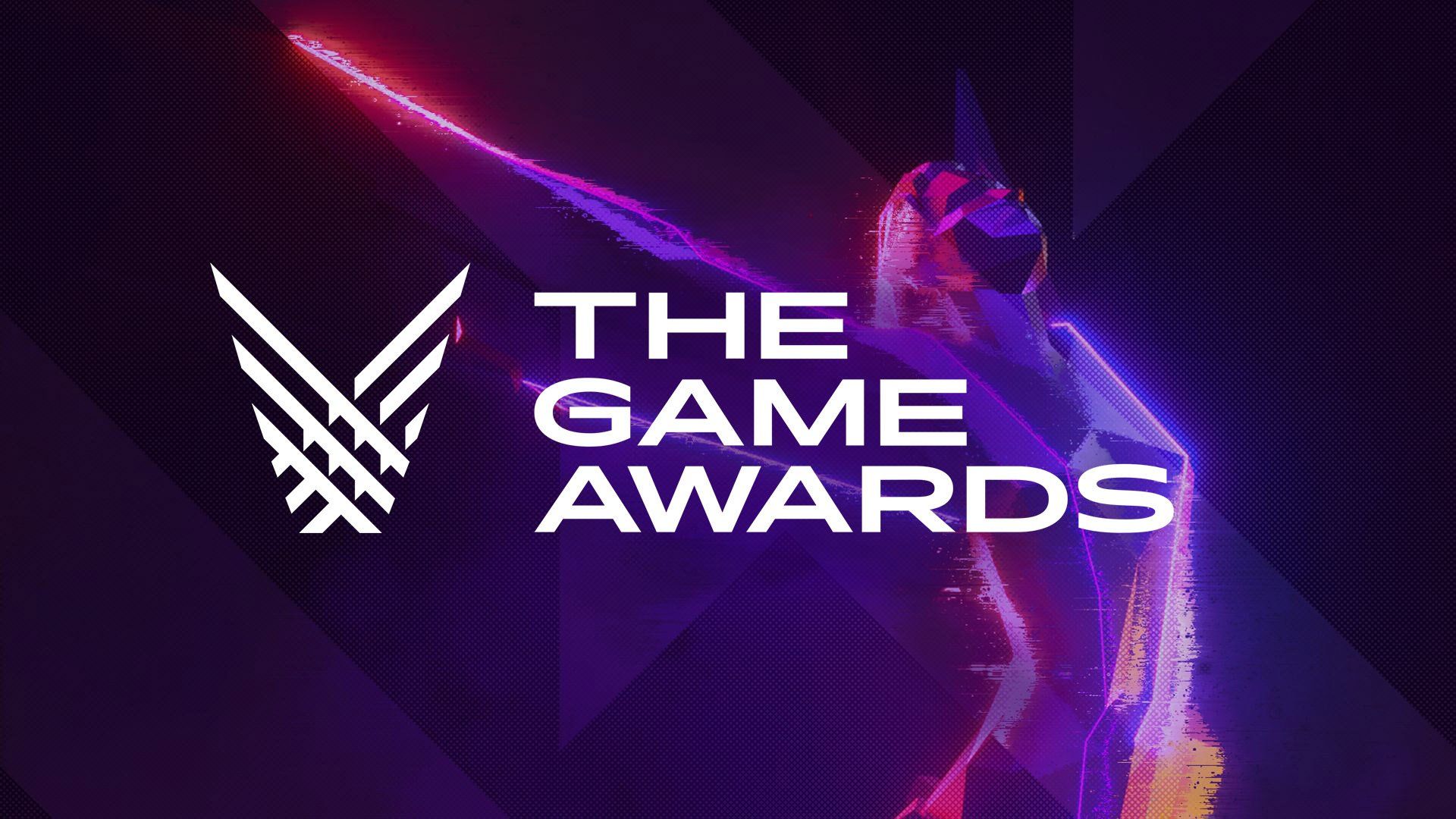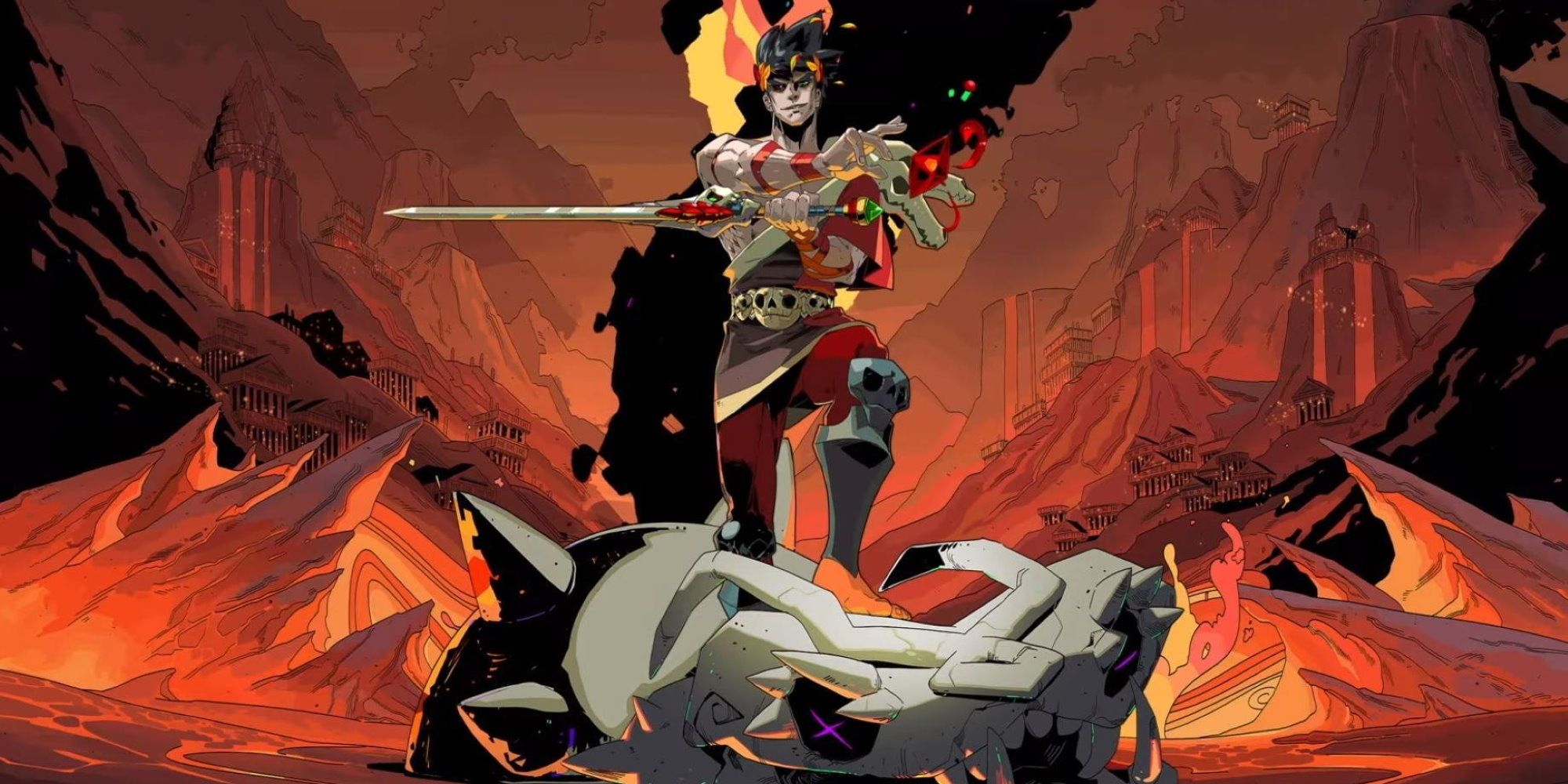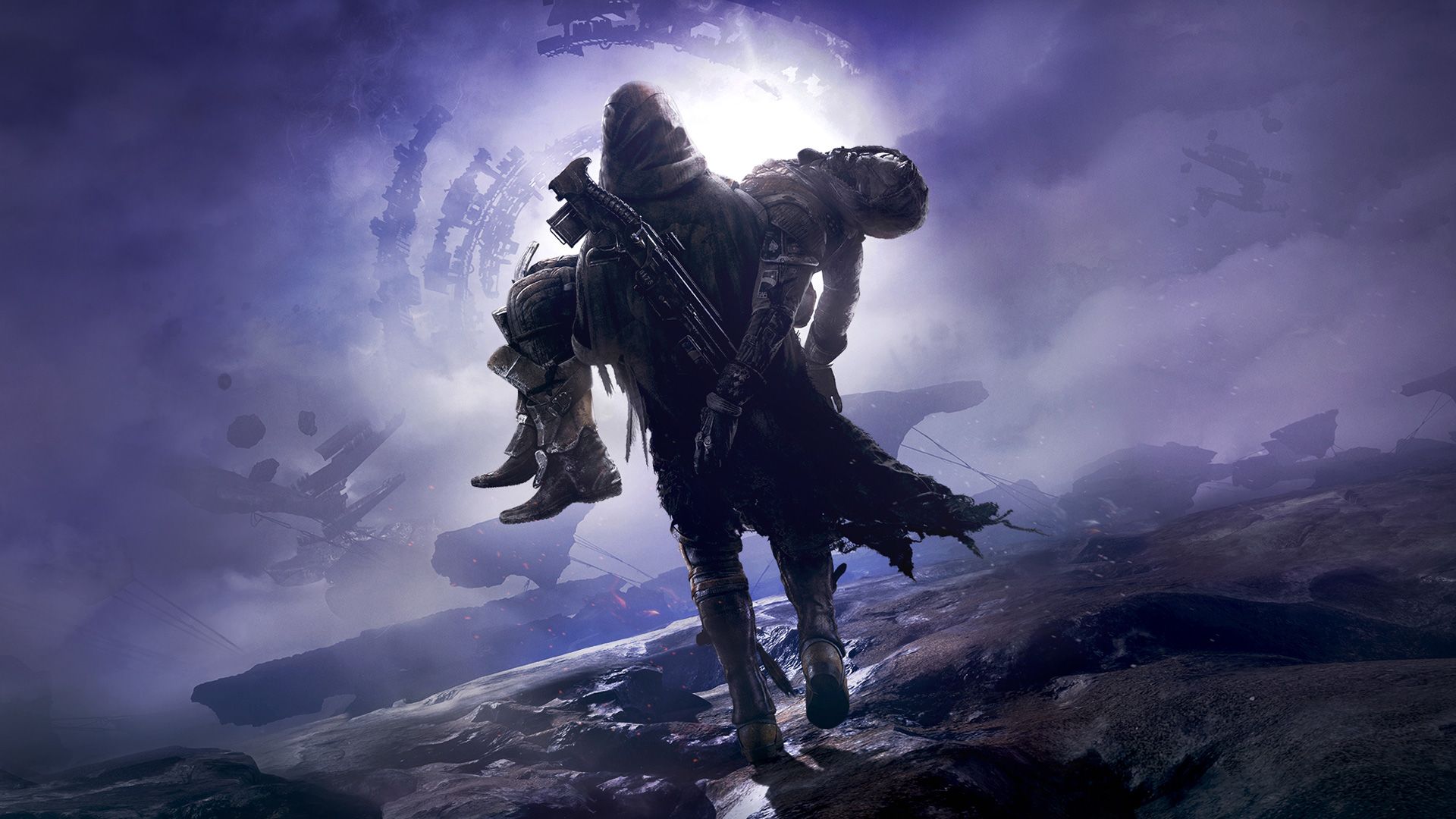Award shows are always a mixed bag. While some make a serious effort to celebrate the medium and push the most ambitious and talented creators to the forefront, others can feel like commercial gauntlets filled with trailers, adverts, and world premieres that cause the awards themselves to take a backseat. I understand that bills need to be paid, and providing exposure to massive companies is the ideal way to make that happen, but it can’t avoid feeling soulless as a consequence.
Geoff Keighley’s annual showcase is always a delight to watch, but there hasn’t been a single year where I haven’t cringed into oblivion as important awards are announced during the pre-show, or crammed awkwardly into filler sequences as they fail to even make it onto the stage. A few receive this honour, but the majority are relegated to the background to such an extent that it is easy to forget they managed to win anything in the first place.
For some context, The Game Awards are chosen by a number of industry panelists, so those in the know - well, kinda, we are games journalists after all - are asked to help narrow down the final nominees. The jury vote has a 90% impact on the eventual winners, while public voting makes up the remaining 10%. While it won't change a unanimous choice, studios and publishers with the biggest platform can ask its legions of fans to hop on the website and vote for them, regardless of whether the game is worthy of such awards. The majority of the time they are, but seeing the expectant blockbusters pick up the gold time and time again has grown exhausting, and just makes them boring.
The Golden Joysticks make a greater effort to highlight the importance of the actual awards, albeit on a smaller scale - yet they’re also publicly voted for, meaning the hammer ultimately falls to whatever game, service, or product is the most popular instead of considering the more important merits of the medium. I likely sound holier than thou by demanding that industry professionals and journalists should be the one to decide the winners of such accolades, but that could be the only way for them to take on a meaning that goes beyond them being little more than a foundation for meaningless adverts. Unfortunately, much like the gaming industry itself, the shows are victims of capitalism.
Big trailer spots go to those willing to invest the most, giving them higher billing than the awards themselves because the show, in its current form anyway, would be impossible without them. And let’s be honest, the majority of viewers are watching for the big reveals and surprise announcements, the awards being little more than a framing device for a show that is designed to rival the likes of E3 and Gamescom in regards to its importance on the gaming calendar.
To Keighley’s credit, it has more than achieved this, but at the expense of the show’s integrity and the very purpose it was designed for. The Game Awards are meant to celebrate games, but instead they exist to merely promote upcoming ones, the joy of developers rejoicing over both expected and unexpected wins being brushed aside so the next trailer can be aired without delay. Supergiants’ Hades was one exception to the rule. It picked up a number of awards and nominations that took its small team by complete surprise.
They were humble to the extent that this level of success seemed inconceivable, and watching as they celebrated each new award was a delight, but these instances are few and far between when public voting is involved. Now I love and look forward the biggest games out there, but they have a built-in mainstream audience of millions, and will win by the brand recognition of their existence alone. This means smaller, oftentimes more ambitious games are pushed aside and never given the spotlight they deserve.
More intimate and artistic award shows like the DICE Awards and the BAFTAs place a greater focus on smaller games and achievements, largely because they aren’t beholden to a viewership who are expecting to see the next big thing unearthed between each award. However, the BAFTA did give Destiny Game of the Year that one time, so maybe the whole system is just busted. The Game Awards are viewed as our industry’s equivalent to The Golden Globes or Academy Awards, but instead they feel the Nickelodeon Kids Choice Awards with their love for advertising, celebrity appearances, and need to appeal to an audience that can oftentimes be toxic and uninformed. Yes, I’m talking about those damn kids.
For games to continue growing as an artform, they will need to abandon the infantile approach some of these shows take with presenting the future of the medium and how it can be preserved and celebrated on a level equal to films, television, and literature. From an economic perspective we’ve surpassed them, but culturally, we still have a long way to go.

.jpg)


